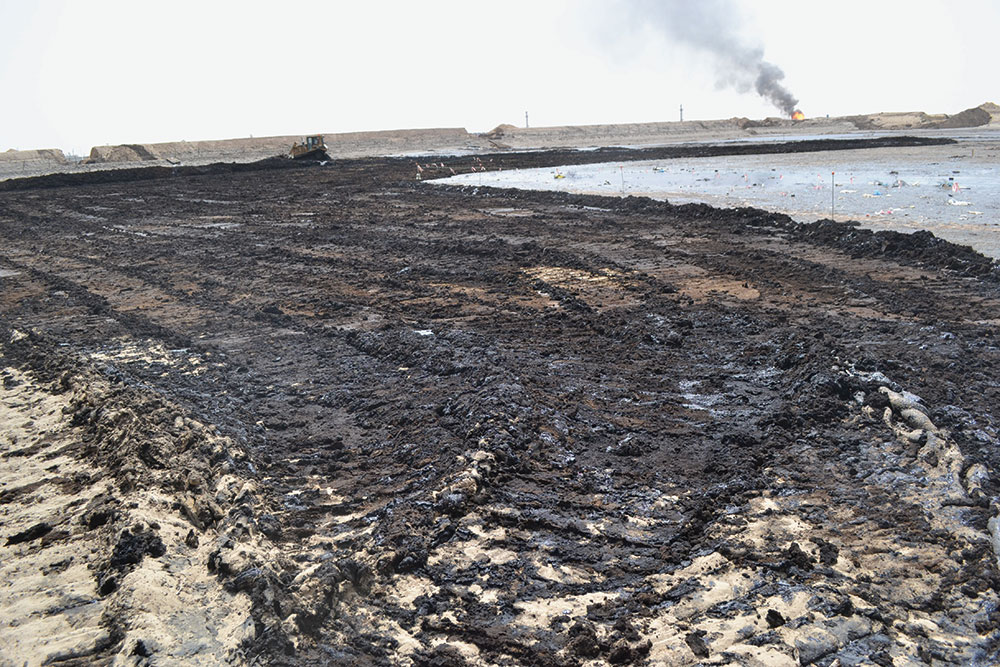Measuring Agricultural Knowledge and Adoption
Understanding the trade-offs in
improving the precision of agricultural measures through
survey design is crucial. Yet, standard indicators used to
determine program effectiveness may be flawed and at a
differential rate for men and women. The authors use a
household survey from Mozambique to estimate the measurement
error from male and female self-reports of their adoption
and knowledge of three practices: intercropping, mulching,








